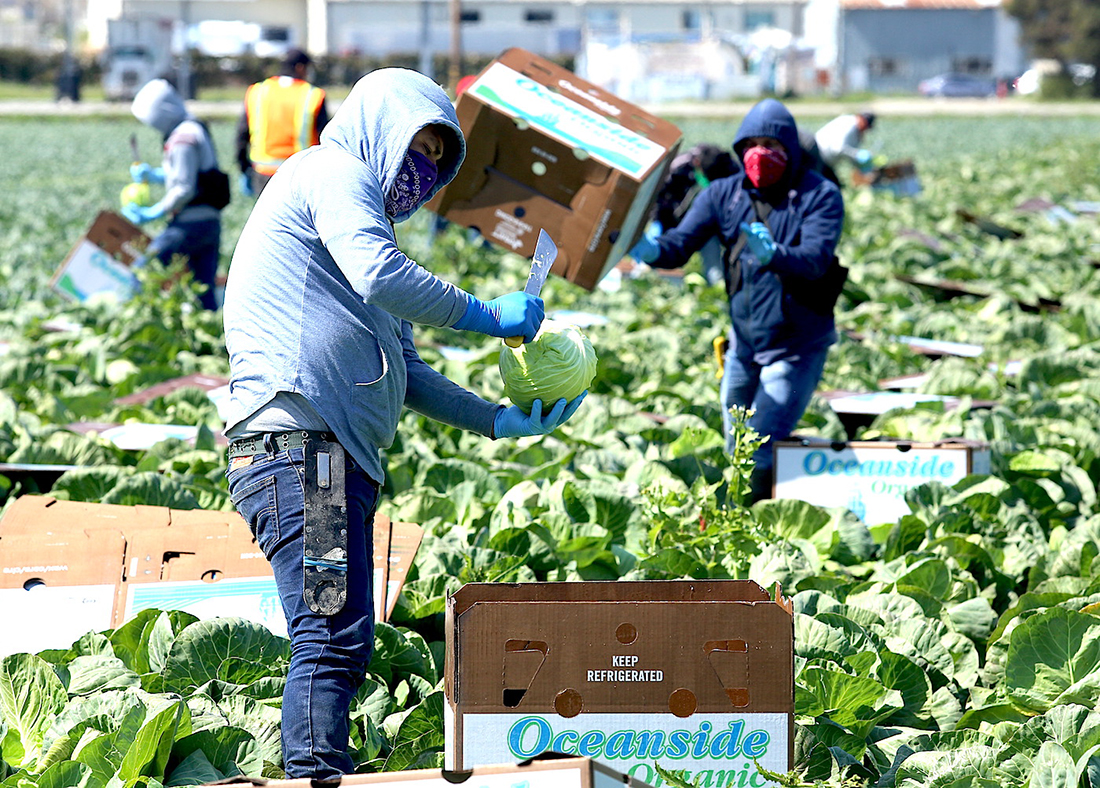Hundreds of millions of people were already suffering from hunger and malnutrition before the COVID-19 pandemic and, unless immediate action is taken, we could see a global food emergency. In long term, the functioning of food systems could be disrupted and this could have big consequences for health and nutrition.
Measures to control COVID-19 outbreak, as the lockdowns for example, are already affecting food supply chains. As a result, many people in urban centres struggle to access fresh food. High levels of unemployment, loss of income, and rising food costs are also making access to food difficult.
The pandemic could push about 49 million people into extreme poverty in 2020 and actors in all parts of the food system are impacted by this pandemic.
The COVID-19 pandemic also raises the alarm on the urgent need to transform the world’s food systems. Food systems contribute up to nearly a third of all greenhouse gas emissions and have contributed to substantial biodiversity loss. There is an urgent need to rethink rapidly how we produce, process, market, consume our food and dispose of waste.
In this context, The United Nations released a policy brief which examines the different challenges and proposes 3 priority actions to build resilient food systems:
– Mobilize to save lives and livelihoods, focusing attention where the risk is most acute
– Strengthen social protection systems for nutrition
– Invest in a sustainable future
Read the full policy brief from the United Nations here.




